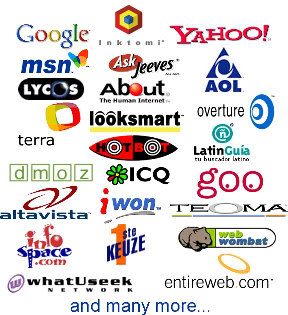By Futurist Thomas Frey
The People Who Produce a Terabyte Daily
I predicted this in 2010, but the reality is arriving faster and stranger than I imagined: the rise of “terabyters”—people who produce over a terabyte of new information daily using wearable computers that capture continuous video, geospatial, and sensory data about their physical surroundings.
We called it “Gargoyle gear” after Neal Stephenson’s 1992 novel Snow Crash, imagining people wearing body-mounted sensors constantly recording everything they see, hear, and experience. The technology seemed distant then. Now it’s here, and the implications are profound.
Let me show you where terabyters are emerging first and what it means when humans become walking data collection nodes.
Continue reading… “The Terabyter Era: When Every Person Becomes a Continuous Surveillance Node”





